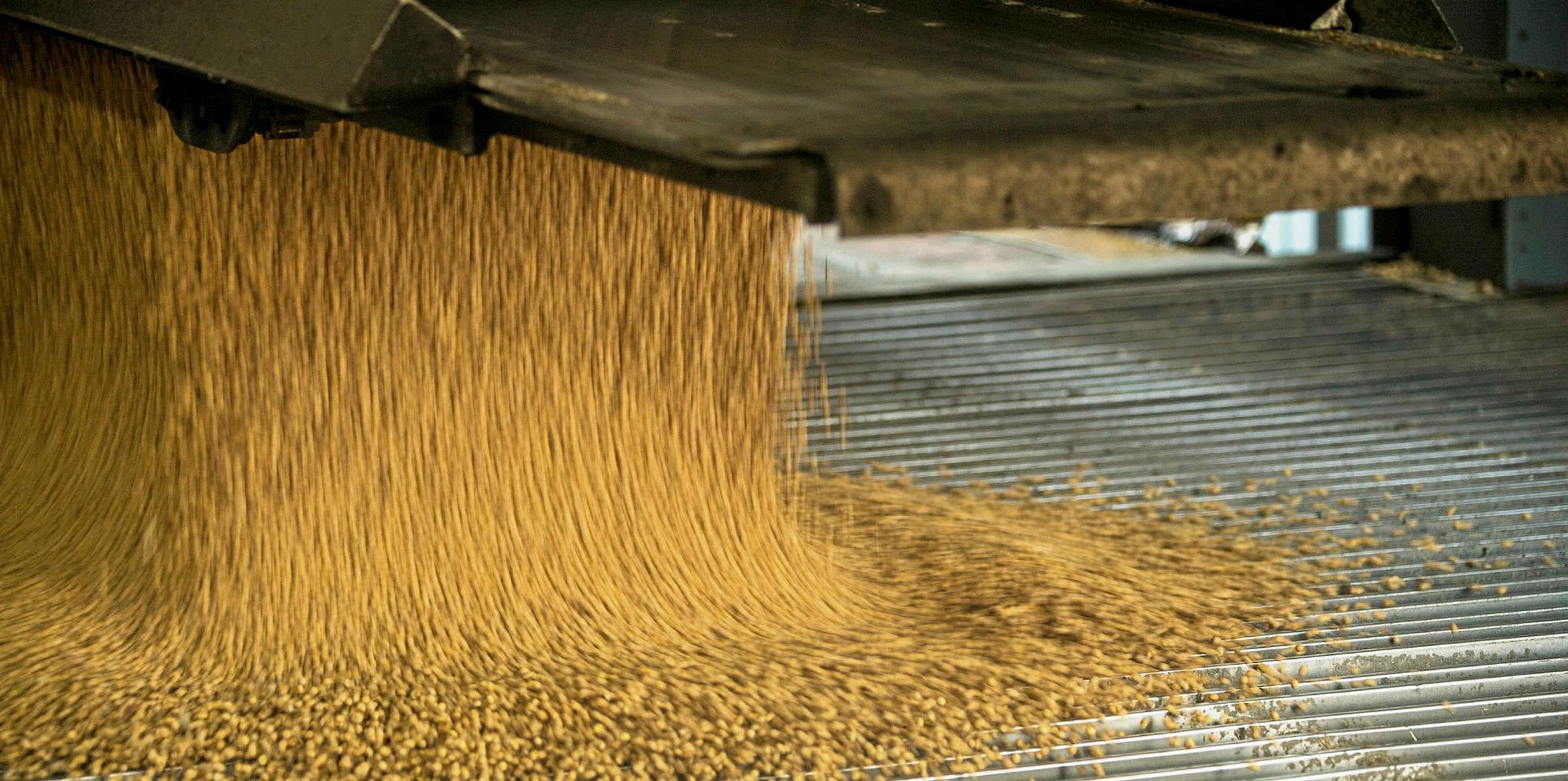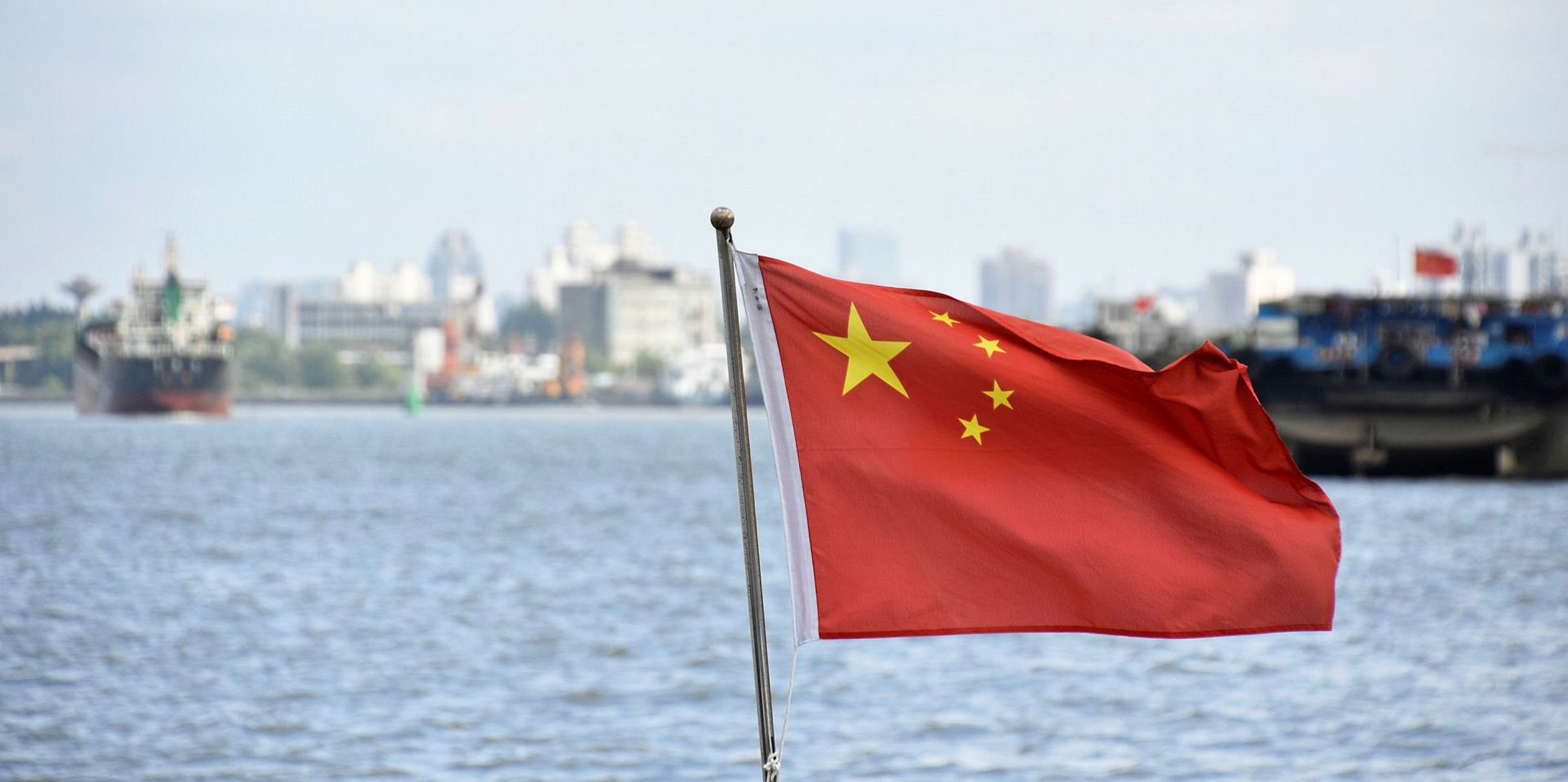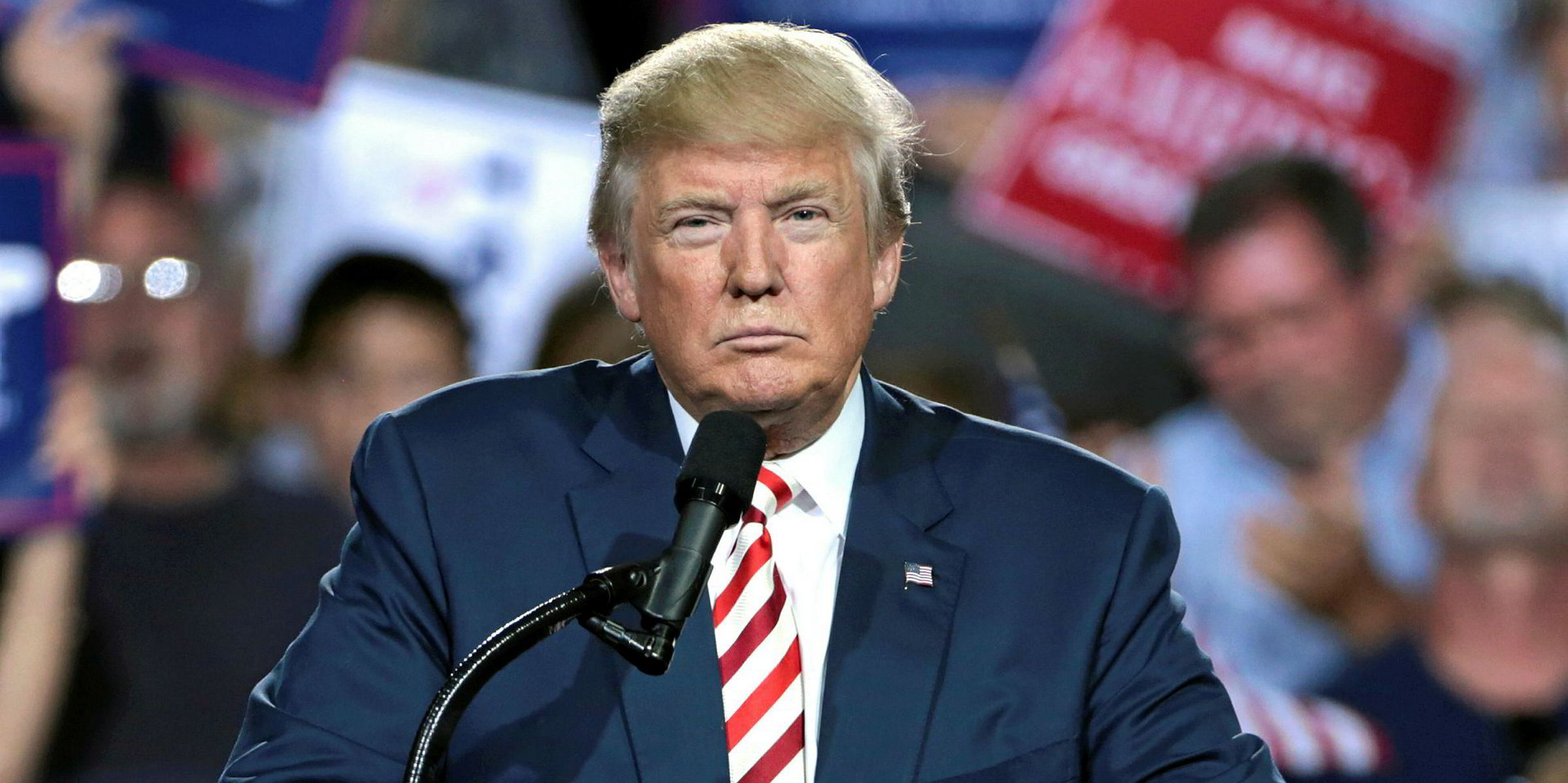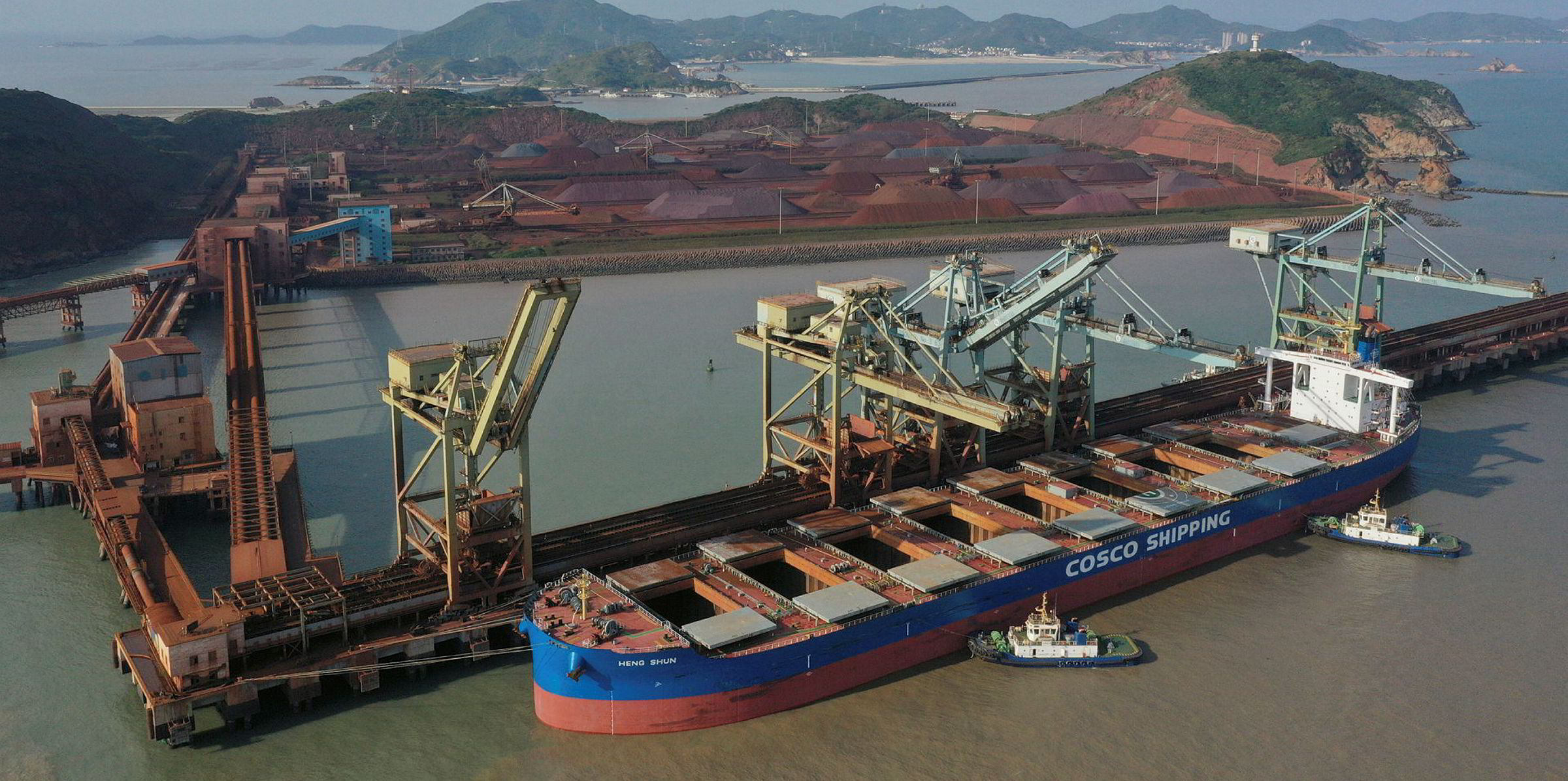China's decision to stop buying US farm goods, including soybeans, amid reported tensions over Hong Kong may not have much of an impact on the dry bulk shipping market, shipbrokers say.
Chinese government officials have told major state-run agriculture concerns to stop buying US farm goods amid Trump administration threats to end US-Hong Kong trade status, according to Bloomberg.
This move, which violates the new US-China trade accord, may affect trade sentiment between the two nations but its impact on freight rates has yet to be seen, according to brokers.
"In the last few working days we've seen a bit of a recovery at least in the tone of the market but it's my feeling that this is very fragile and news like this I think may affect sentiment," a broker focused on supramaxes told TradeWinds.
"What exactly that will mean in real terms is really difficult to judge particularly as we are at very low levels at the moment.
"I guess it depends how much cargo is really affected given that this only applies to state companies and not private."
The weighted timecharter equivalent (TCE) average for panamaxes is $6,991 per day, up steadily from $5,390 on 19 May, according to the Baltic Exchange Panamax Index.
Panamaxes carrying goods from Brazil to China are earning $23.493 per metric tonne on average per day, up $0.329 from Friday.
The TCE rate for supramaxes has also seen steady gains, hitting $5,465 per day from $4,208 per day on 23 April.
Supramaxes on the Brazil-China route are getting $10,425 per day on average, down $25 from Friday, the exchange's Supramax Index showed.
China will just go to Brazil
China will most likely turn to Brazil and Argentina to buy their grains, as they did during the US-China trade war, the broker said.
"Personally I think it won't make a lot of difference. The market is in the middle of a crisis and levels are basically rock bottom at the moment," he said.
"My best guess is that it will dampen any recovery for a while but I do not think there will be any long terms effect, but that all depends on how cargo volumes are affected."
It is really anyone's guess as Brazil wrestles with the pandemic and Argentina struggles to get iron ore to its ports amid low water levels, Evercore ISI analyst Jonathan Chappell said.
"I don’t think anyone can quantify the impact of a full ban because the origination of substitution is important for a net outcome," he told TradeWinds.
"And with Brazil in the throes of a Covid crisis and low water levels in Argentina impeding the ability to get grains to export ports, there are a lot of questions remaining."
Whatever the case may be, trade restrictions do not usually benefit shipping demand, he said.
"The last thing this sector needs is another negative demand event, whether it is real or perceived," he said.
A rebound in the second half
Supramax and panamax rates should improve in 2020's second half despite China's short-term rejection of US farm goods because smaller asset classes tend to follow global growth domestic product growth, Jefferies analyst Randy Giveans said.
"Also, soybean harvest in the US doesn’t really start until September, so there is still time," he told TradeWinds.
"Although it likely isn’t a huge negative supra/pana rates, it certainly isn’t a positive."
China's turn to South America for soybeans and other grains may have a meaningful impact on rates for these smaller ships if it goes beyond short-term, Noble Capital Markets analyst Poe Fratt said.
"Rates are already weak so maybe this development pushes out or caps the recovery," he told TradeWinds.
"It's not a near-term concern since I think that it is already discounted but it might be a longer-term issue if China changes their sourcing and it reduces tonne-mile demand."







